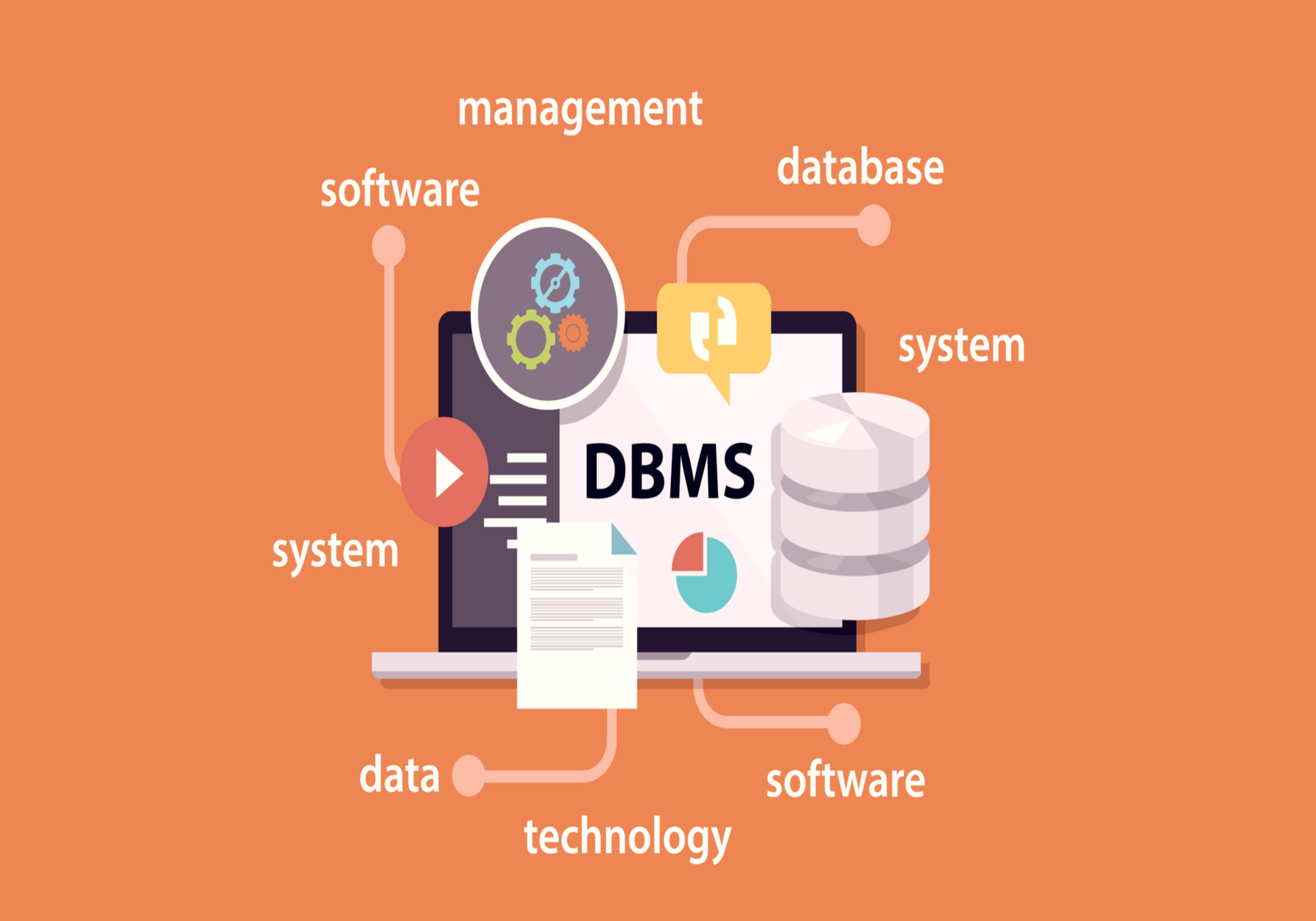Secondly, DBMS training equips individuals with hands-on experience in using different types of DBMS software, enabling them to become proficient in using industry-standard tools and technologies for managing databases. This practical experience helps individuals in gaining confidence in handling complex databases and performing tasks such as creating and managing tables, designing schemas, and writing SQL queries.
Furthermore, DBMS training provides individuals with valuable skills in database optimization, performance tuning, and troubleshooting, which are crucial for maintaining efficient and reliable databases. These skills are highly sought after in the industry, making individuals with DBMS expertise in high demand for various job roles, such as database administrators, data engineers, and data analysts.
-
Skills Covered
The DBMS Program covers a wide range of skills that are essential for effectively managing databases. Some of the key skills covered in the program include:
- 1.Data modeling and database design: This covers the concepts of data modeling, including entity-relationship (ER) modeling, normalization, and schema design, which are essential for designing efficient and scalable databases.
- 2.Data manipulation and retrieval: This covers the techniques for inserting, updating, and deleting data in databases, as well as retrieving data using structured query language (SQL) queries. It also covers advanced topics such as stored procedures, triggers, and views.
- 3.Database administration: This covers the tasks related to managing and maintaining databases, such as user management, backup and recovery, performance tuning, and security management. It also covers concepts such as database replication, clustering, and high availability.
- 4.Database optimization and performance tuning: This covers the techniques for optimizing database performance, including indexing, query optimization, and caching, to ensure efficient and fast data retrieval.
- 5.Troubleshooting and error handling: This covers the techniques for identifying and resolving common issues and errors that may occur in databases, such as data corruption, locking, and concurrency issues.


